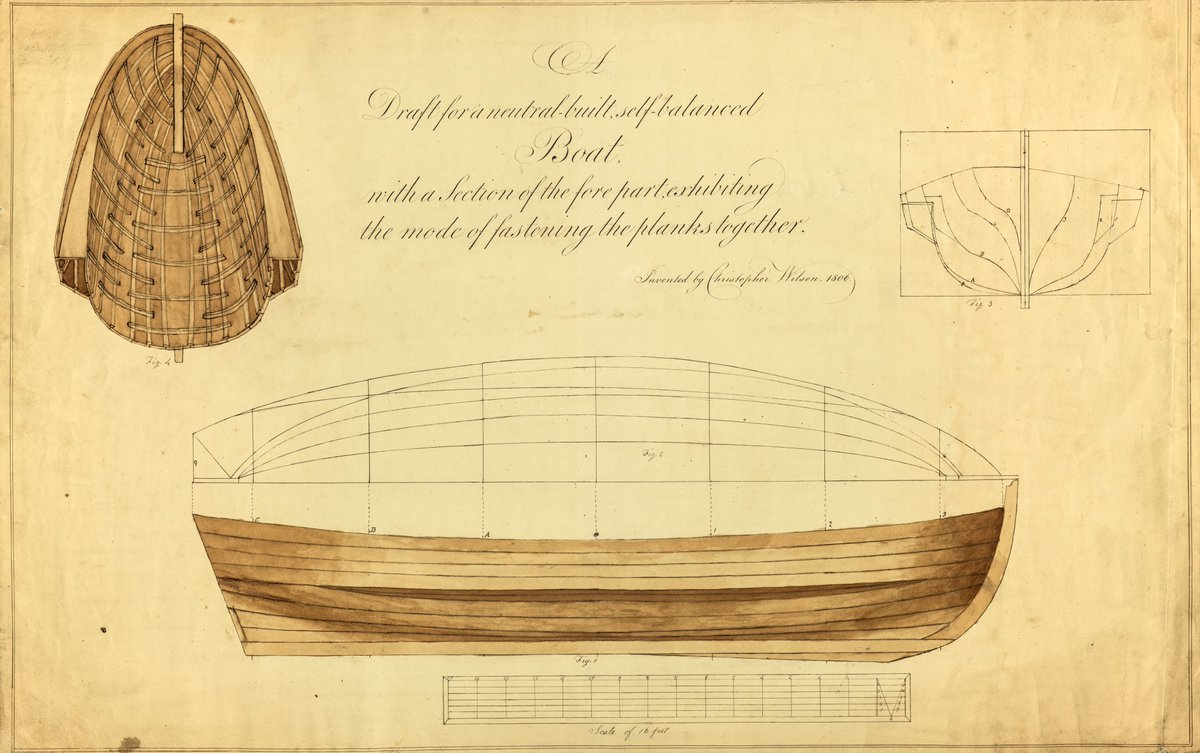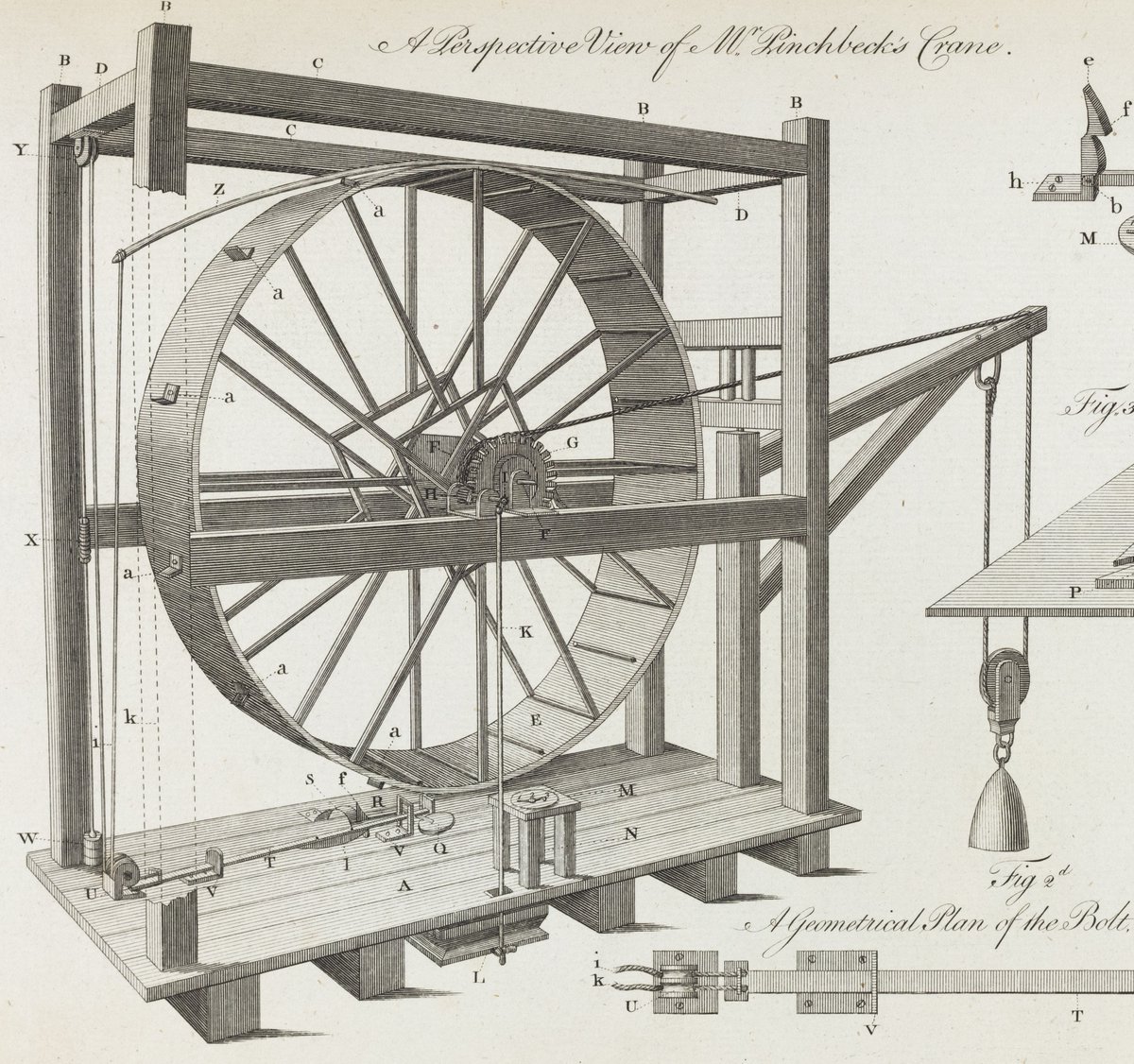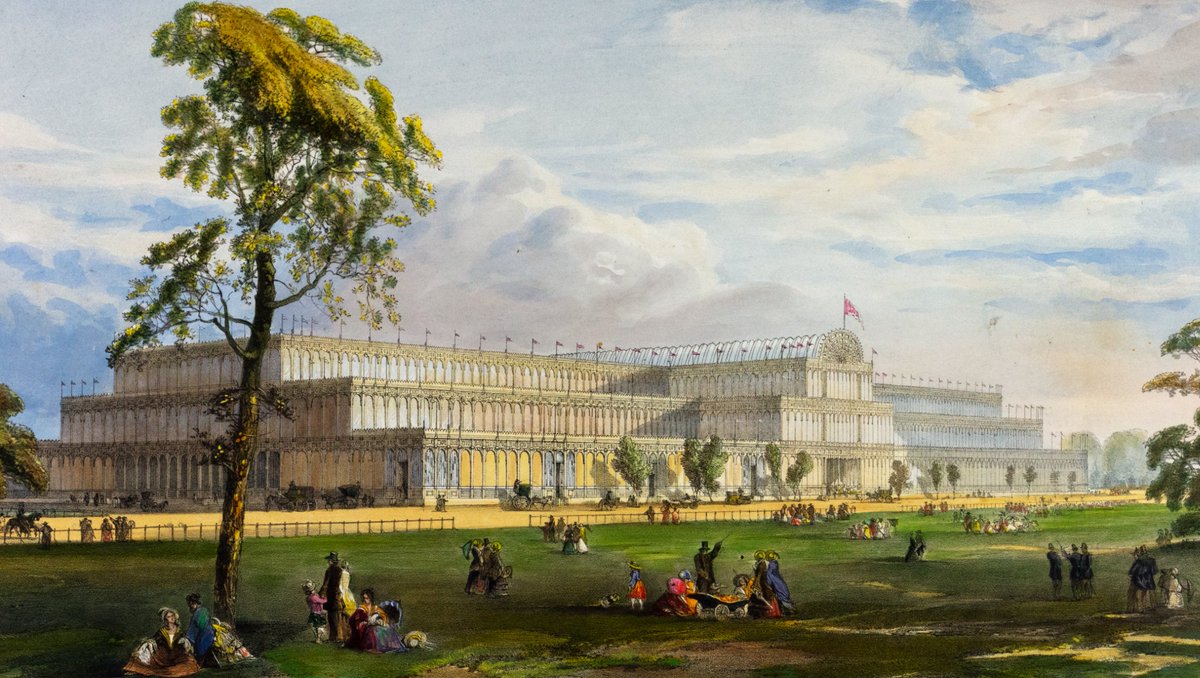But just as some inventors pioneered the use of factories, other inventors sought solutions to industrialisation's social ills.
So why aren't they more famous? A thread:
Including safety improvements.
They were especially encouraged by the Society of Arts (now @theRSAorg).
But there is one invention that especially stands out, whose inventor deserves especial fame:
A replacement for using children to clean chimneys.
It was a national embarrassment.
So the Society of Arts offered a premium to anyone who could find a technological replacement: a machine that could put the kids out of jobs.
But this did not work.
So by 1809, the SSNCB had had enough. They changed their strategy from cooperation to outright disruption, encouraging brand new entrants to the market.
But it wasn't until 1875 that the law had teeth for enforcement.
And yet, Smart has been almost entirely forgotten.
He only just got a stub on Wikipedia (at my urging), and I wrote his entry in the @odnb.
Surely he deserves more!
And what of the other Society of Arts premium winners who turned their inventive minds to the public good?
You can read more on them here: antonhowes.substack.com/p/age-of-inven…
amazon.co.uk/Arts-Minds-Soc…







